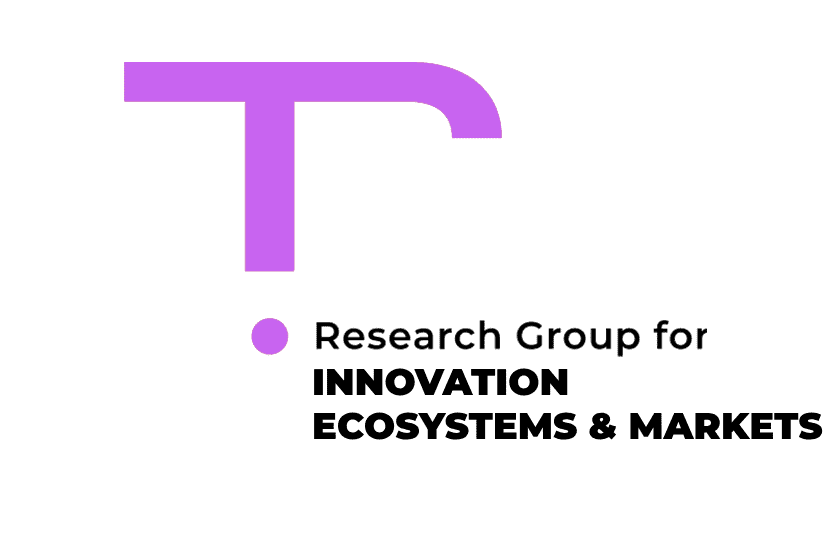
Main goals
- Promote innovation and entrepreneurship, identifying in organizations the conditions under which more innovative, sustainable and successful strategies are developed, in order to provide adjusted responses in a climate of uncertainty, in the face of rapid economic, socio-political, and competitive changes and regulatory;
- Support research-based knowledge management, focusing mainly on more innovative, creative and entrepreneurial management procedures;
- Promote improvements in the performance of organizations and in their contribution to sustainable local development;
- Analyze consumer trends and outline new market segments;
- Encourage social responsibility initiatives, providing knowledge of the best tools and practices.
Theoretical and Conceptual Structures
- Helix theories;
- Network theory;
- Stakeholder Theory;
- Social exchange;
- Deliberated action models.
Methodological Approaches
- Structural equation models;
- Content analysis;
- Econometric models.
Main Contributions
- Basis for creating value in business ecosystems (contextual and relational factors).
Promote innovation and entrepreneurship inclusiveness, in particularly of minority groups and low density and transboundary territories.
